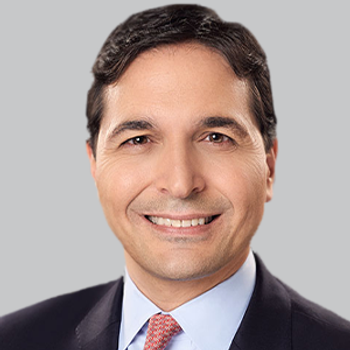
The oral calcitonin gene-related peptide receptor antagonist was approved in late February and comes in 8-tablet packs for treatment of 8 migraine attacks with a single, 75-mg dose.

The oral calcitonin gene-related peptide receptor antagonist was approved in late February and comes in 8-tablet packs for treatment of 8 migraine attacks with a single, 75-mg dose.
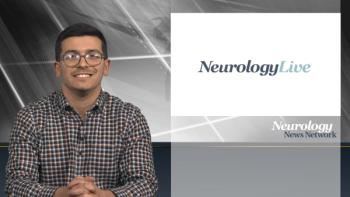
Neurology News Network for the week ending March 14, 2020.
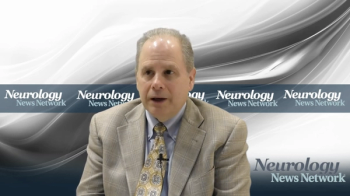
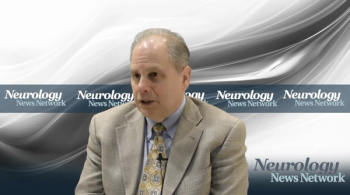
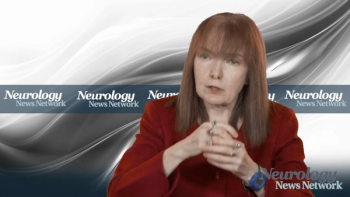
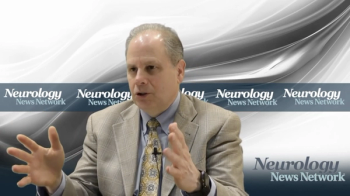
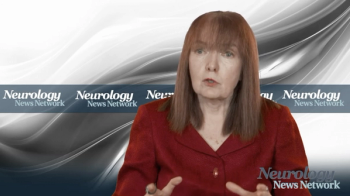
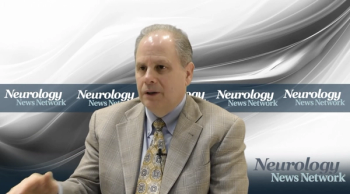
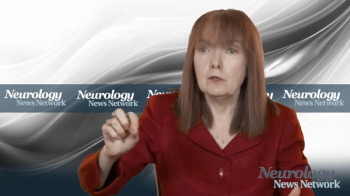
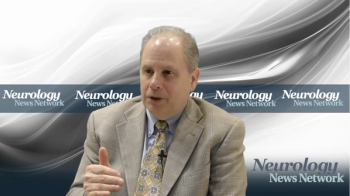
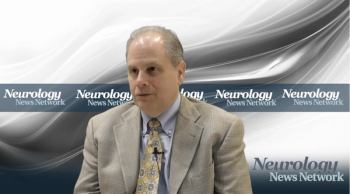
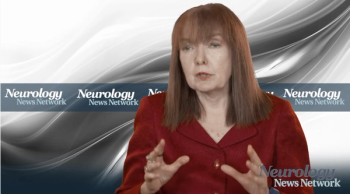

Take 5 minutes to catch up on NeurologyLive's highlights from the week ending March 13, 2020.
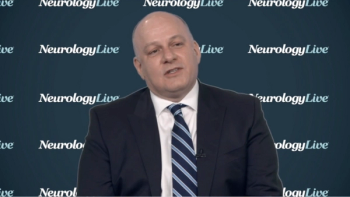
The director of the Sleep Disorders Center and vice chair of the department of neurology at the UCLA David Geffen School of Medicine discussed the daily challenges patients with narcolepsy face.
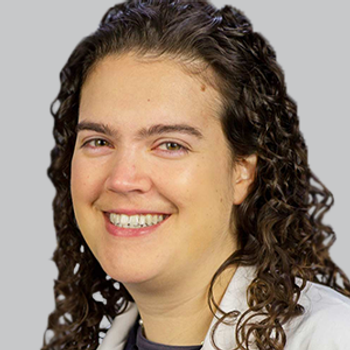
Our patients have a huge need for access to specialists, yet unfortunately, there is a huge shortage of headache specialists.

A proof‐of‐concept assessment showed that women with chronic migraine and insomnia can be reasonably treated with digital cognitive behavioral therapy for insomnia, with data suggesting it may improve both conditions.
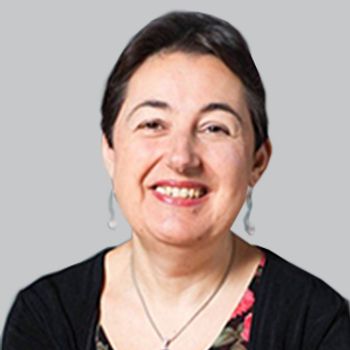
The Engage Therapeutics product met its primary end point in the StATES study, with an onset of action for ceasing seizure activity of approximately 30 seconds, on average.
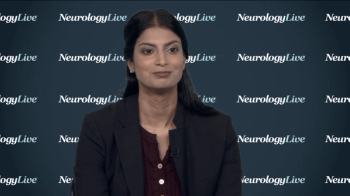
The director of the Sleep Clinic at Boston Children’s Hospital discussed the lack of clinical research for pediatric sleep disorders and what the current landscape looks like.

Study results suggest that the plasma P-tau181 biomarker may be an effective noninvasive biomarker for Alzheimer disease, with prognostic and diagnostic value for use in both clinical practice and clinical trials.
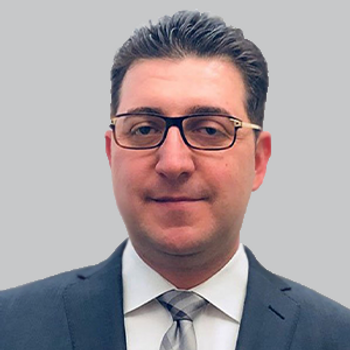
Data suggests that access to endovascular thrombectomy centers within 15 minutes is limited to less than one-fifth of the population, pointing to a need for improved access and bypass methodologies.
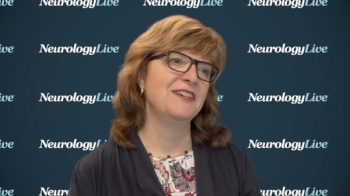
The director of Pediatric MS and Wellness at the Mellen Center and assistant professor of neurology at Cleveland Clinic Lerner College of Medicine describes her study on shared medical appointments and the intricacies of integrating them into the common care realm.
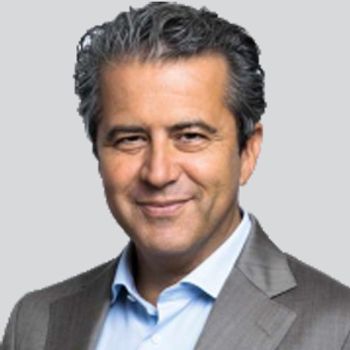
Further results of the SPI2 trial will be presented at the upcoming American Academy of Neurology 2020 Annual Meeting in Toronto.

The report suggests with moderate certainty that all 3 therapies offer a small or substantial net health benefit and with a high certainty of at least a small net health benefit.
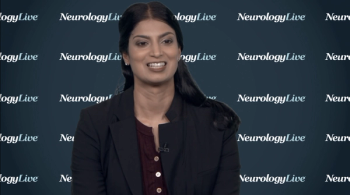
The director of the Sleep Clinic at Boston Children’s Hospital discussed the sleep disorders she sees in her practice, and how she and her colleagues best address these pediatric patients.

SK Life Science’s newly approved treatment for partial-onset seizures is set to launch in the second quarter of 2020, after being designated Schedule V by the DEA.
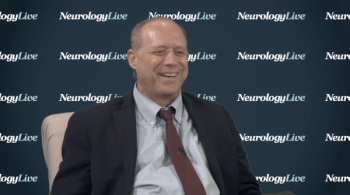
The director of the Parkinson's Disease and Movement Disorders Center of Boca Raton spoke to the patient perspective and risk assessment when deciding on an intervention for essential tremor.

The label expansion now allows patients who require non-brain MRI monitoring to receive treatment with the stimulation device.

Data collected with a tracking scanning laser ophthalmoscope suggests that the small, jerk-like, involuntary eye movements that occur during prolonged visual focus can provide measurements of disability and disease worsening in MS.
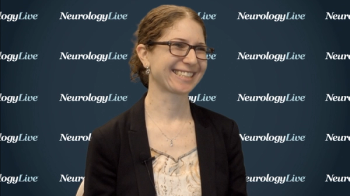
The assistant professor of neurology at the Lerner College of Medicine and neurologist at Luo Ruvo Center for Brain Health, both of Cleveland Clinic, discussed the challenges of current measurements and the need to adjust the reading of progressive MS.